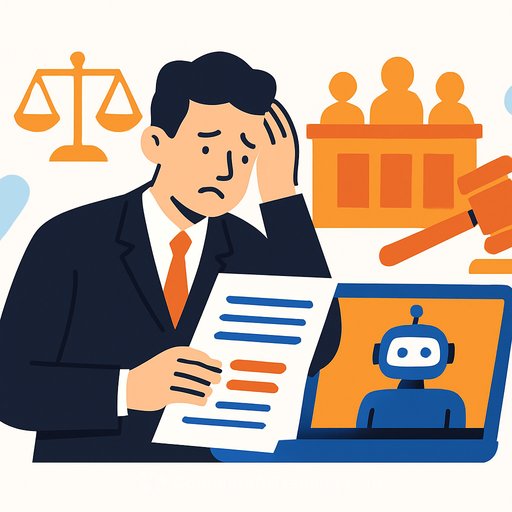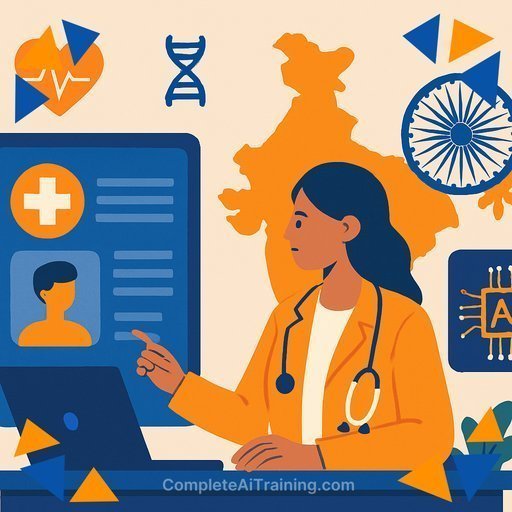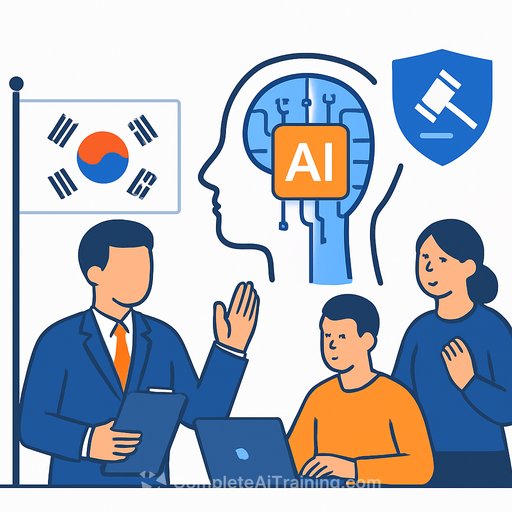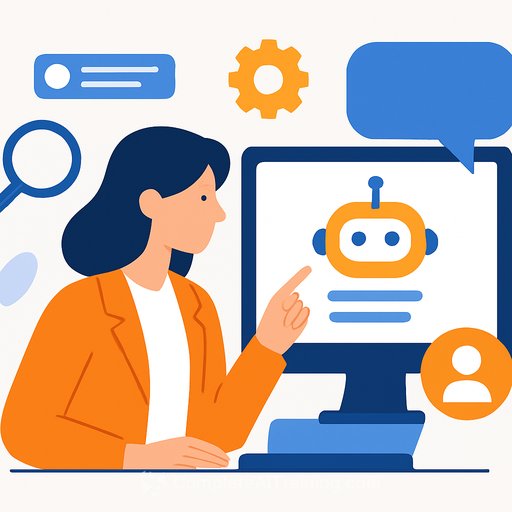Lawyer Apologizes After AI Generates Fake Cases in Murder Trial Filing
Artificial intelligence has become a powerful tool across many industries, but when it comes to legal work, the technology still falls short. A recent incident in the Supreme Court of Victoria highlights the risks of relying too heavily on AI without proper oversight.
Defense lawyer Rishi Nathwani had to issue an apology after AI-generated court submissions included fabricated details. The filings contained quotes from a speech that never happened and cited legal cases that do not exist. This serious error was identified during a murder trial involving a minor.
AI Is Not a Substitute for Legal Expertise
Justice James Elliott emphasized that AI use in legal documents is only acceptable if the results are independently and thoroughly verified. This mistake serves as a reminder that AI tools require careful human review, especially in high-stakes cases.
While AI can assist with legal research or drafting, it cannot replace the nuanced judgment and experience lawyers bring to complex cases. The idea that AI can fully handle legal defense—particularly in a murder trial—is unrealistic at this stage.
Lessons From Past Incidents
This is not an isolated case. In July, a man in Canada faced consequences after submitting an AI-generated legal defense. However, that involved a self-represented litigant, not a professional legal team. The expectation is that lawyers exercise greater caution.
Using AI to write up defenses for minor offenses like parking tickets might seem tempting, but even then, errors can have consequences. For serious cases, relying solely on AI-generated content is risky and unadvisable.
Practical Advice for Legal Professionals
- Use AI tools as a starting point, not a final product.
- Always verify AI-generated citations and factual claims through trusted legal databases.
- Maintain rigorous quality control when integrating AI into legal workflows.
- Stay informed about the capabilities and limitations of AI tools in the legal field.
Legal professionals interested in learning more about how to responsibly integrate AI into their practice can explore specialized courses and resources. Platforms like Complete AI Training offer targeted programs for legal professionals seeking practical AI skills.
Until AI tools can reliably meet the demands of complex legal work, human expertise remains essential. The recent case is a cautionary example of why thorough review and professional judgment cannot be replaced by AI alone.
Your membership also unlocks:






